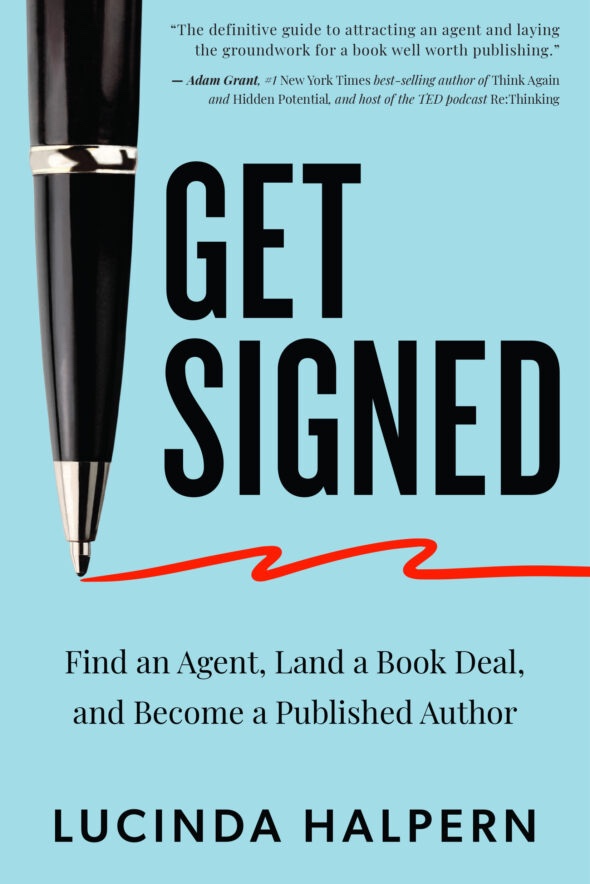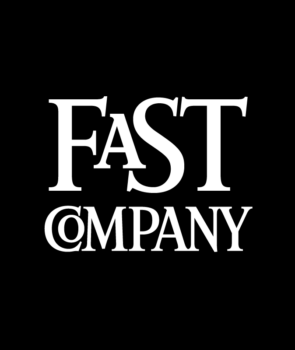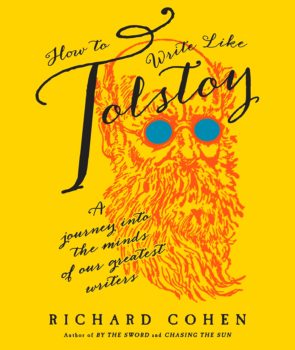Search
May 2023: Find the Book You Were Born to Write
It can be difficult to define where your book fits in the literary world, especially when you’re just starting to form the idea. There are so many different subgenres—even walking around your local bookstore or browsing Amazon can overwhelm you with choices. What’s the difference between the “detective” and “police procedural” categories? How can a thriller be political? Should you be writing a how-to or a memoir?
It’s totally normal to feel confused between the dearth of options and the variable nature of writing. But there are definitely benefits to pinning down a label for your book: it allows for streamlining your elevator pitch, identifying the right comparative titles (or “comps”), and matching up with an agent who shares your goals.
Oftentimes, the book you think you want to write—or have already started writing—might not be the book that you’re best positioned to write, or would be able to sell.
Take, for example, our student-turned-client Sara McElroy. Her initial idea was to write a collection of interviews and essays about women in the workforce experiencing burnout, especially as it had been exacerbated by the pandemic, interwoven with her personal journey of ditching hustle culture and several unfulfilling, high-stakes jobs. Sara and I had multiple discussions figuring out what the clearest angle of her book should be. Ultimately, her debut Women Who Walk (forthcoming with Post Hill Press/Simon & Schuster) became a narrative self-help guide that gives women the confidence (and tools) to leave jobs that no longer serve them—and land one that will. She didn’t have to remove the personal elements in her story, but she was able to expand her idea to lean into her journalistic interests and create something that would help and truly impact many women.
Taking from Sara’s example, how can you best determine the book you really ought to be writing?
Discover your book’s central idea
Determine your area of passion and expertise
Is it related to your profession, such as writing a business book after years as an entrepreneur? Or perhaps you’ve been reading and watching science fiction since you were a child, and always wanted to write the perfect dystopian YA novel. You don’t need to be an official expert, you just need to have passion and, preferably, some writing experience or workshopping behind you.
Figure out what’s currently popular in your space
Remember in 2009, when vampires were all the rage? Find that niche within your genre by paying attention to what readers are actually talking about. Great resources for this include TikTok, YouTube, Goodreads, and Twitter.
Pinpoint what you uniquely add to the conversation
When you find books that are similar to yours, try to identify what makes yours stand out. In nonfiction, this might be a major takeaway or previously unknown fact about your topic. In fiction, this could be a dynamic character, exciting twist, unique voice, or a totally different take on a classic trope.
Ensure that your big idea requires a written book in the first place
Sometimes, ideas (even great ones) don’t constitute an entire book. If your idea can be (or have already been) covered in a podcast episode, article, or blog post, agents won’t envision an entire book.
Determine your book’s genre
Once you’ve found a viable, fully-formed idea, you’ll need to figure out exactly how to label your book. Like Sara, this might differ from your original idea.
Ask yourself:
- If I’m largely an unknown entity without a writing or social media presence, is memoir really the best debut to lead with?
- If I’m an experienced writer, might my collection of essays/short stories be more cohesive as a memoir?
- Should my dystopian science fiction novel featuring teenagers or young adults be better geared towards a YA audience?
- Do I risk labeling my book as women’s fiction, when the themes apply to every gender?
Sometimes, the book we set out to write is different than the one we actually end up with, and that’s a good thing! It may drastically increase your chances of getting signed when you pair your talent with your authority. We call this the power of the VCO, which you can learn more about and discover yours in our Marketing Course.
If you’re not sure what genre your book belongs to, here is a rubric I find helpful for figuring it out:
_________ is the genre where I find books most similar to mine online.
The similar elements are _______, ________, and ________.
The genres that apply to my book include (if it falls into more than one category):
These are the characteristics of these genres:
These are my book’s characteristics:
The _________ genre shares the most similarities with my book.
How to Proceed
Once you’re confident in your book’s big idea and how to label it, you’ll have a much easier time with querying agents. In today’s digital age, most agents have several lists online (usually their agency website, their QueryManager account, and their Manuscript Wish List) with the types of books they are interested in working on. Understanding where your work falls makes it that much easier to reach out to the right agents. These lists can be extremely specific, down to the type of narrator, plot elements, setting, voice, and characters.
While this might seem daunting, at the end of the day, it’s mutually beneficial: knowing yourself and your manuscript or proposal equals landing an agent that is just as passionate about your project as you are.
Conclusion
While identifying (or changing) your book’s genre might seem daunting, the reality is this: writing, editing, and selling your work requires constant pivoting and a lot of trial-and-error. Understanding where your book would be shelved puts you that much closer to finding an agent that truly gets you. And no matter the label you choose, it’s the writing or message that your readers will remember.








